On May 25, the Russian-based Wagner group announced that it had begun withdrawing its fighters from Bakhmut, while Moscow continued its air campaign against the Ukrainian capital Kiev.
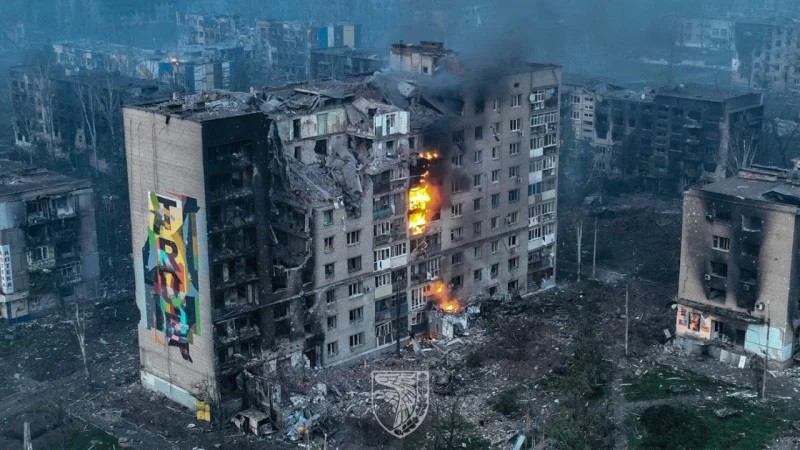 |
| The city of Bakhmut, eastern Ukraine, was heavily damaged after days of fierce fighting. (Source: Getty Image) |
Wagner head Yevgeny Prigozhin announced that his forces had captured Bakhmut on May 20 and that his fighters would withdraw to allow regular Russian troops to enter and take over the city.
However, on May 23, Ukrainian Deputy Defense Minister Hanna Maliar said that fighting had cooled down in the strategic city of Bakhmut but the country's forces still maintained control over "the southwestern outskirts of the city in the Litak district".
Also on May 25, Ukrainian officials announced that last night, Russian forces conducted drone attacks on the capital Kiev, lasting 3 hours.
According to the head of Kiev's military administration Serhiy Popko, it was a "large-scale attack", but Ukrainian air defense systems "destroyed all detected air targets moving in the direction of the capital".
Meanwhile, in the Crimean peninsula, head of government Sergei Aksyonov also announced that air defense forces shot down six UAVs last night, and said "there were no casualties".
In another development, on the same day, the Russian Federal Security Service (FSB) said it had arrested two Ukrainians who were allegedly planning attacks on nuclear power plants in the country.
Russian news agencies quoted the FSB's statement as saying: "A sabotage group from Ukraine's foreign intelligence service... attempted to blow up about 30 power lines of the Leningrad and Kalinin nuclear power plants" in early May with the aim of disrupting the plants' operations.
Source



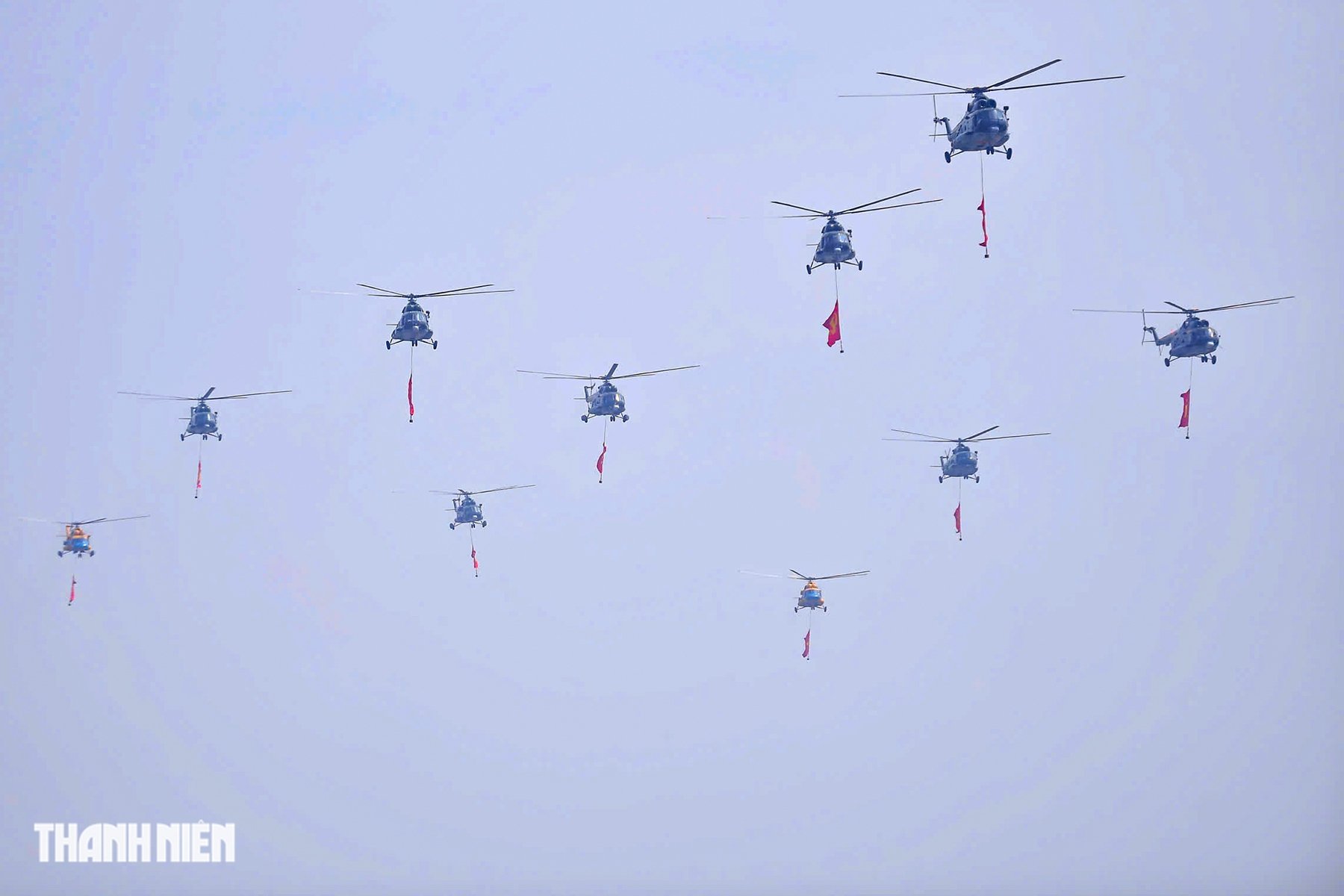
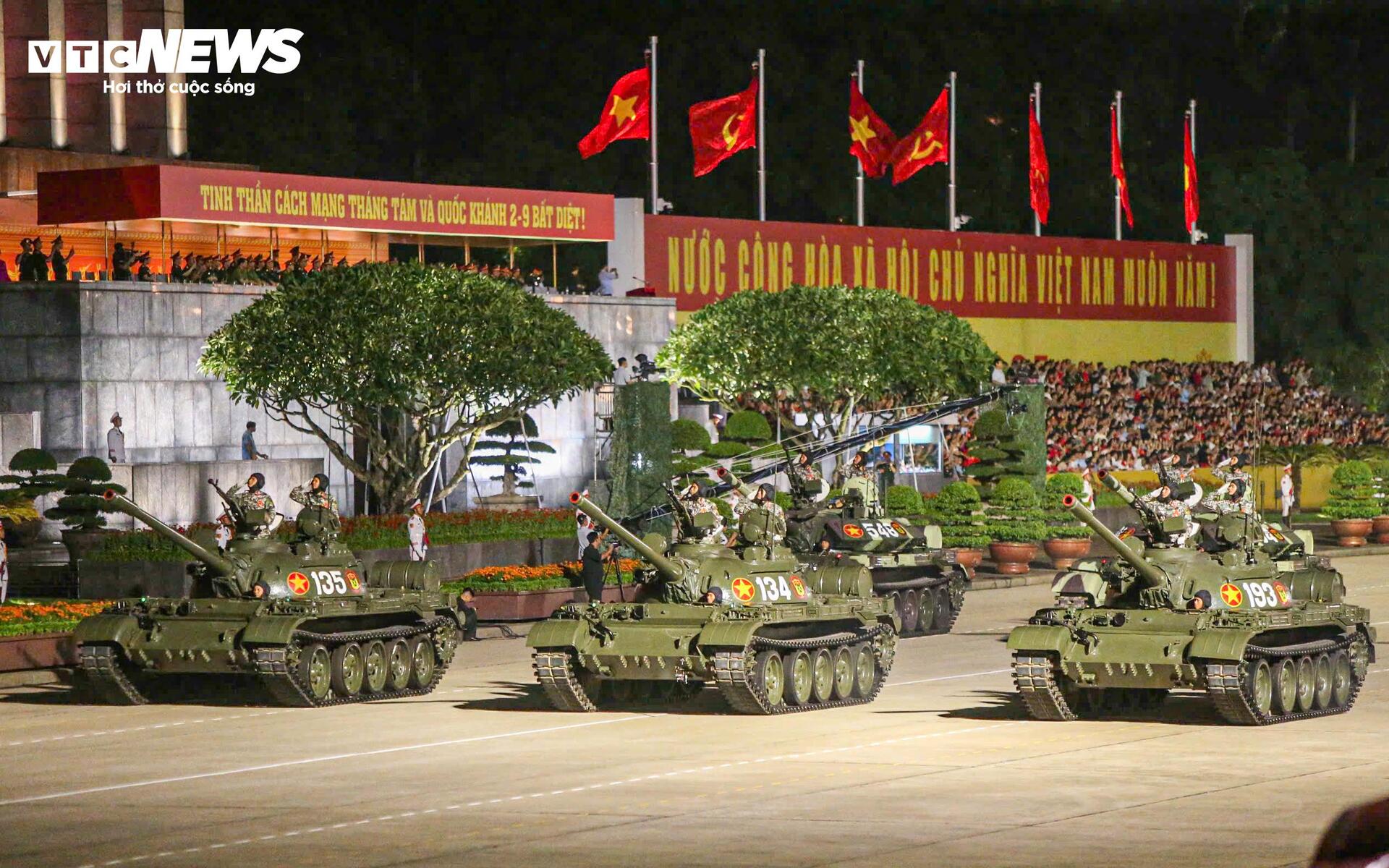
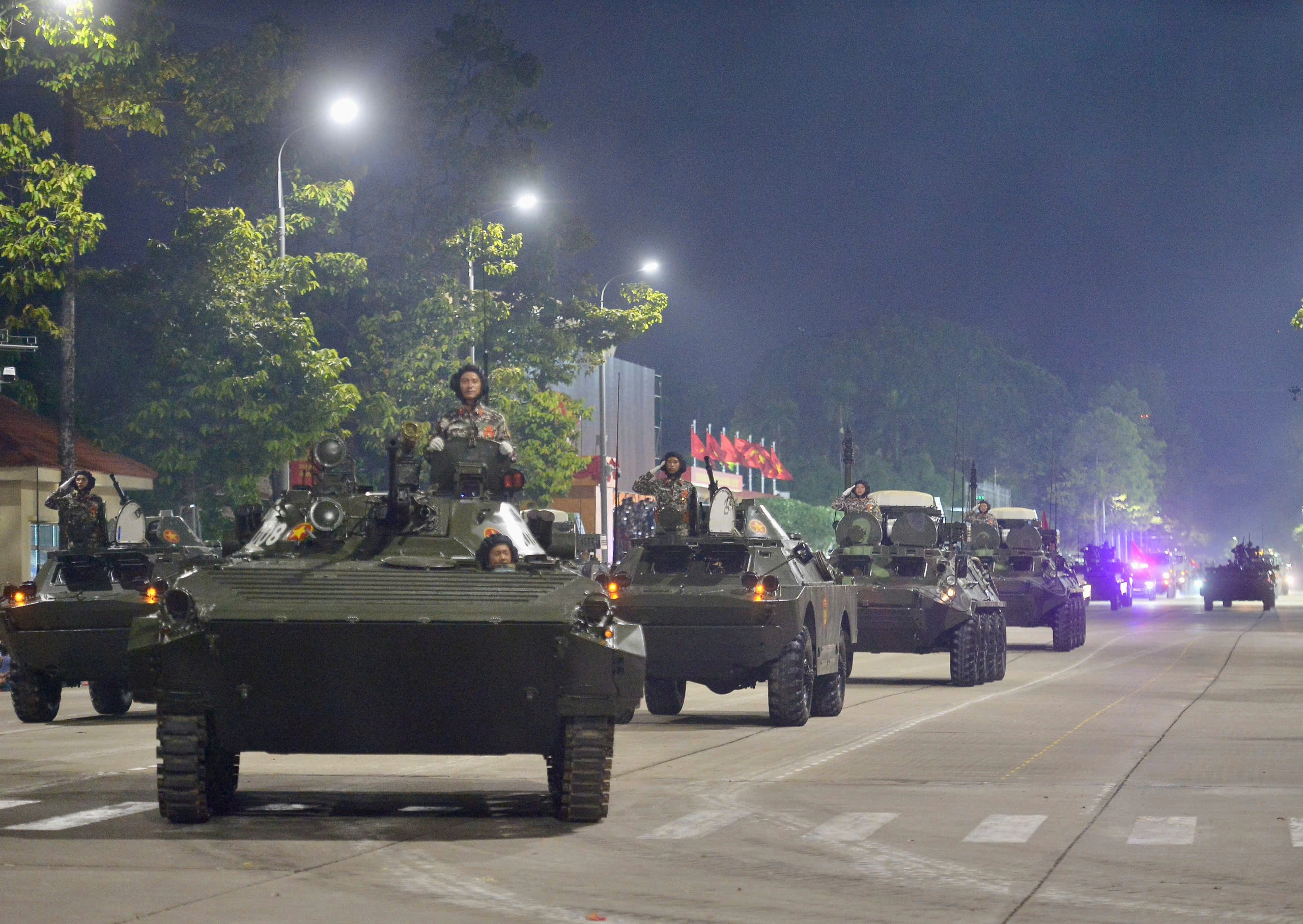
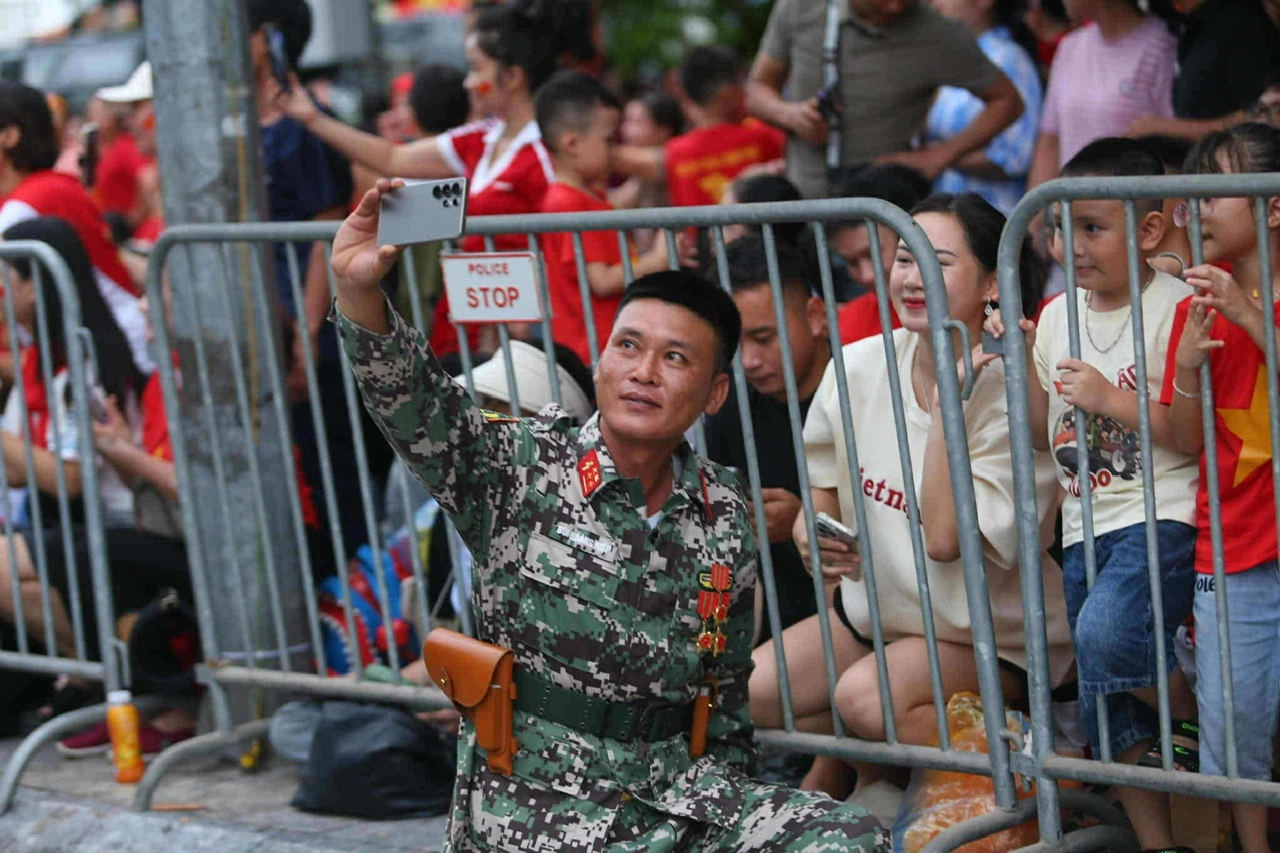
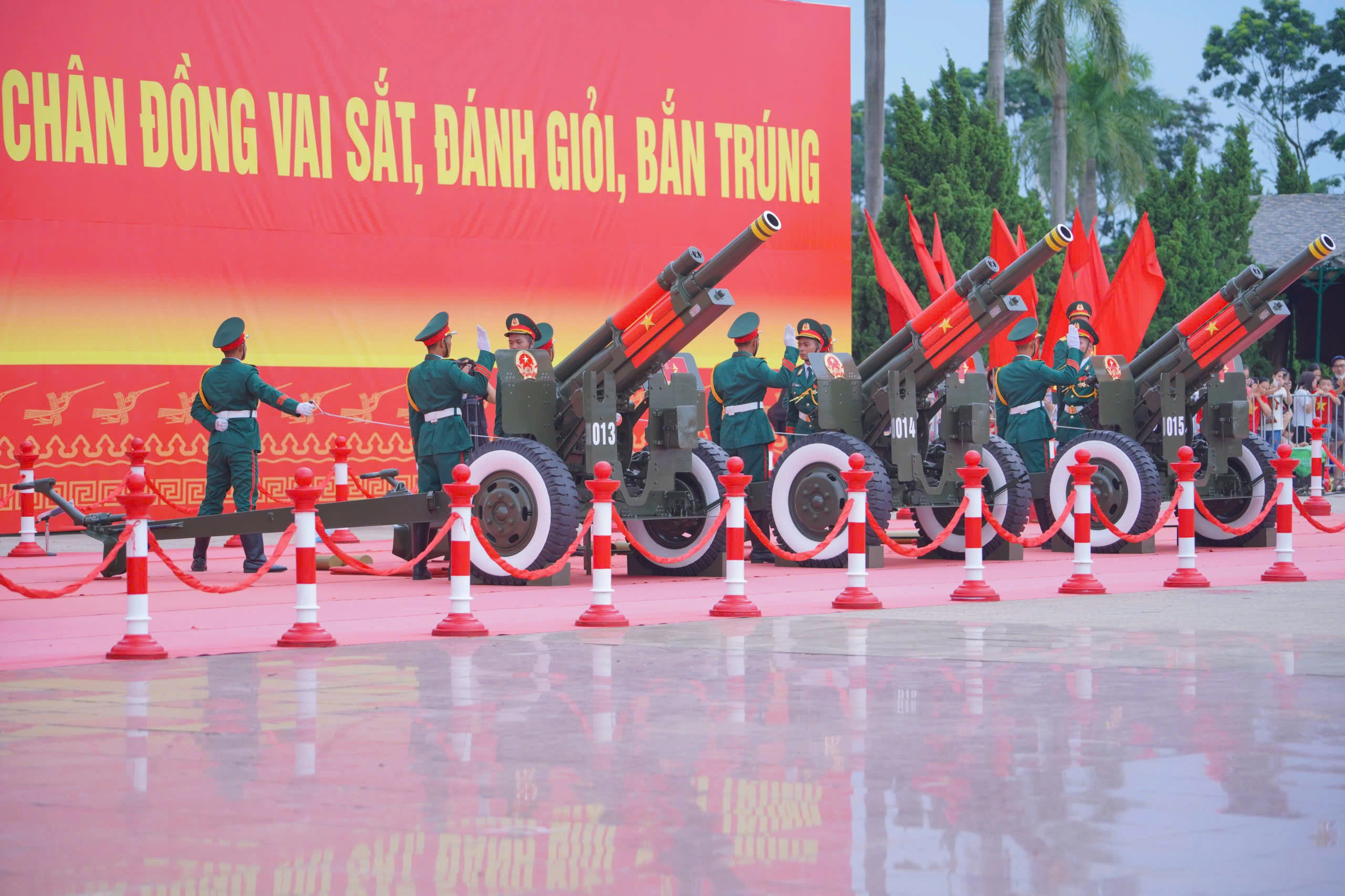
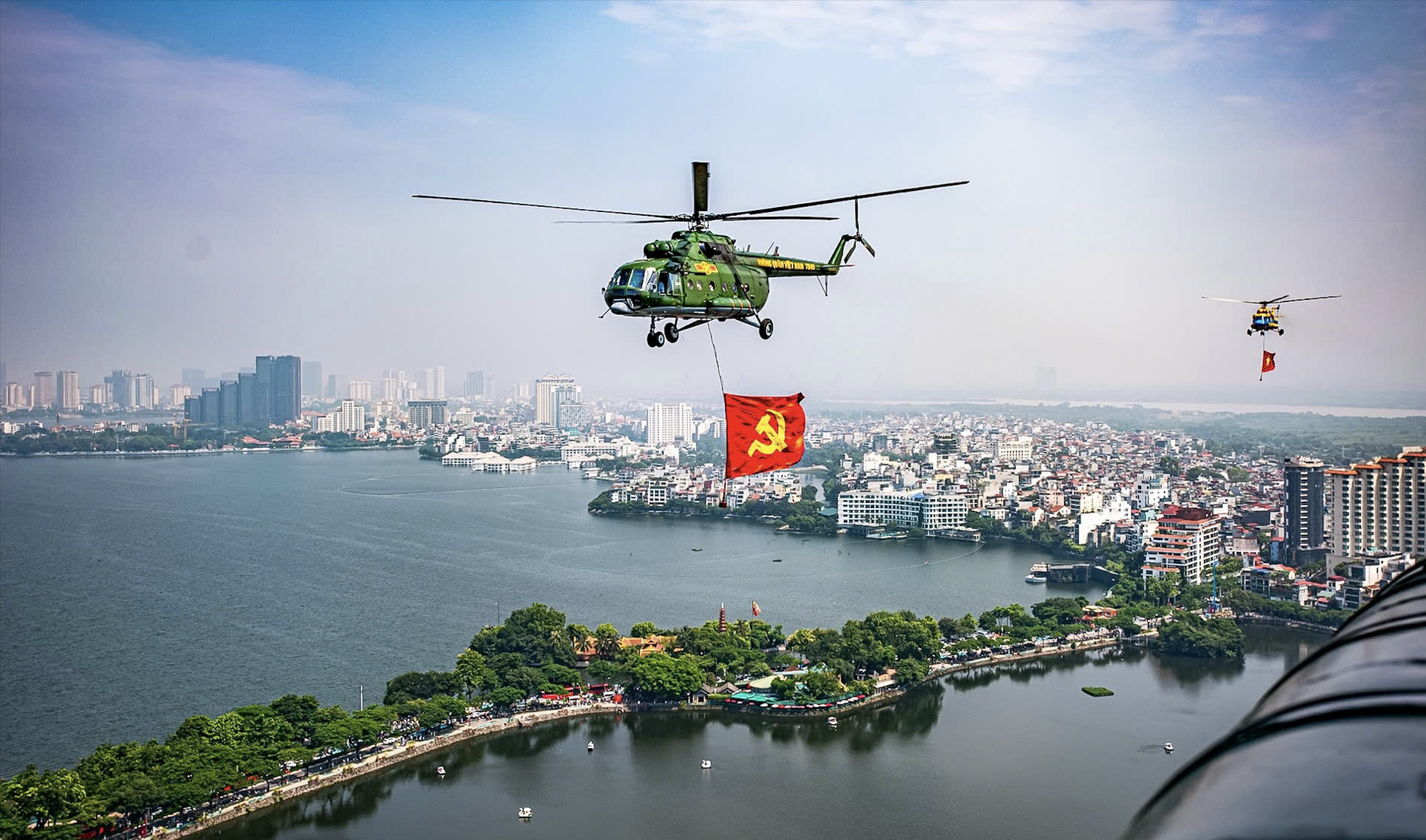






















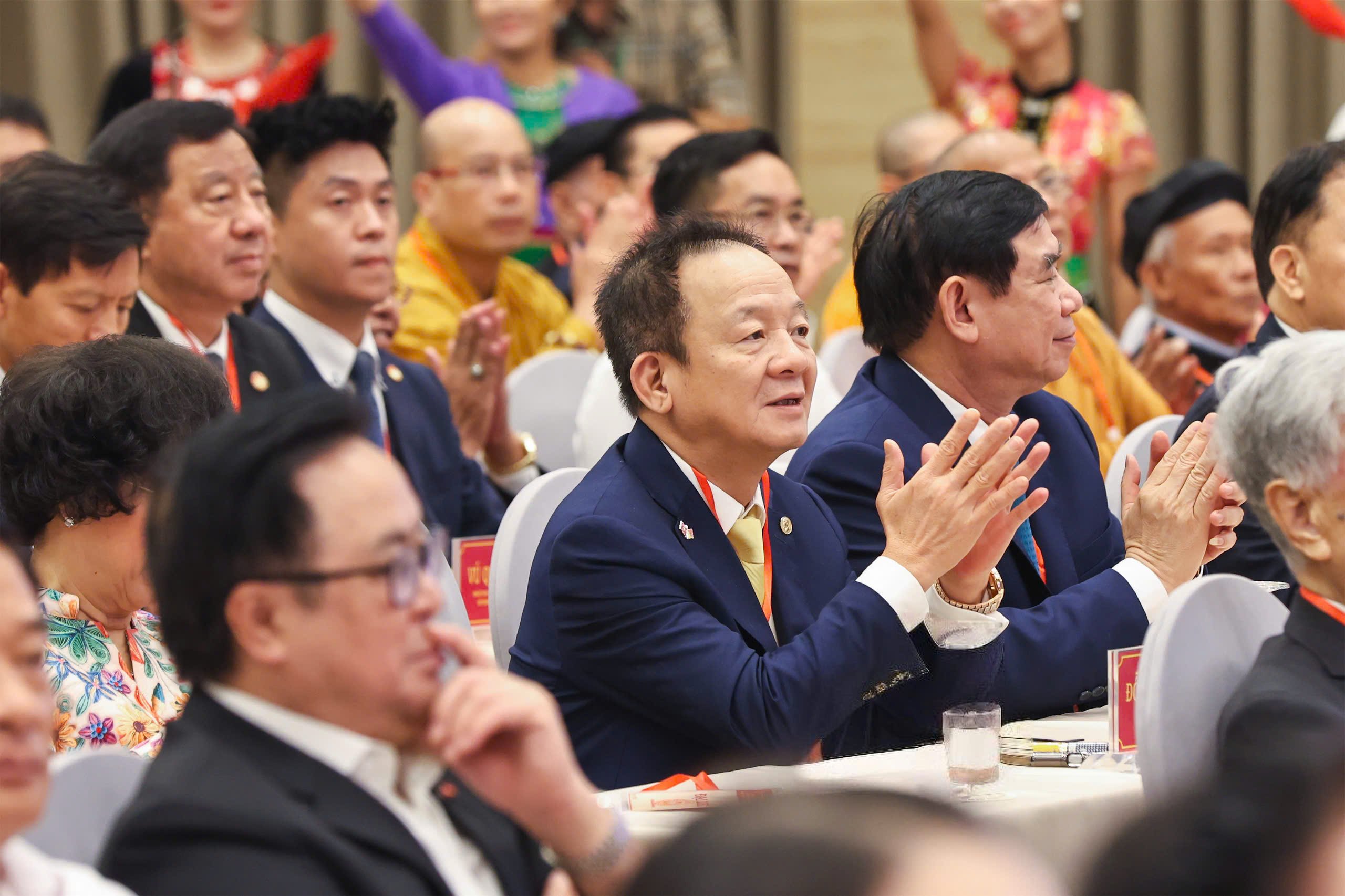












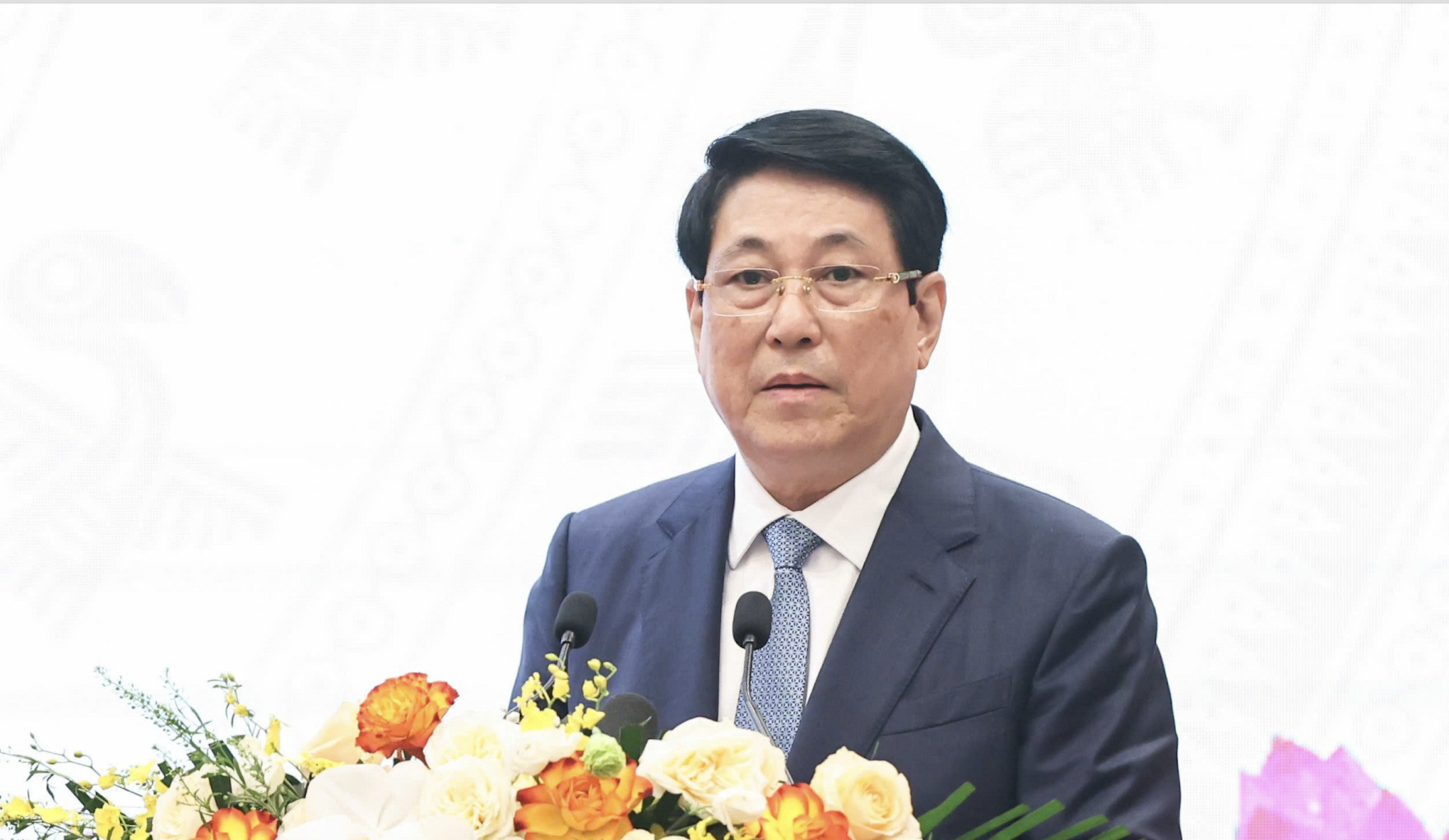



















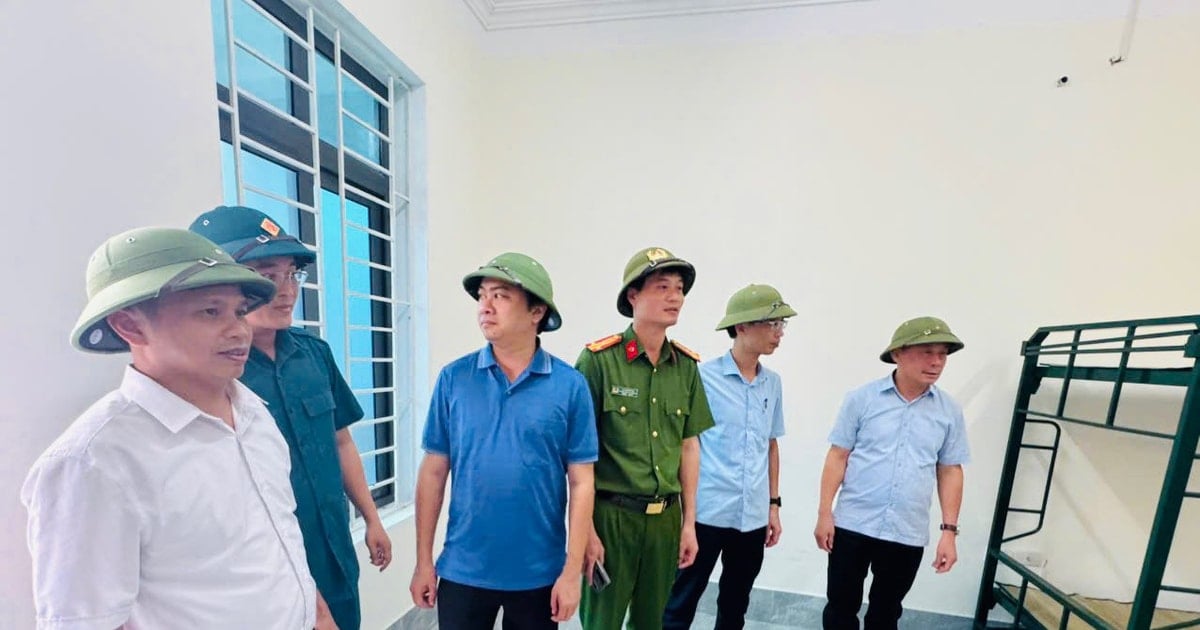



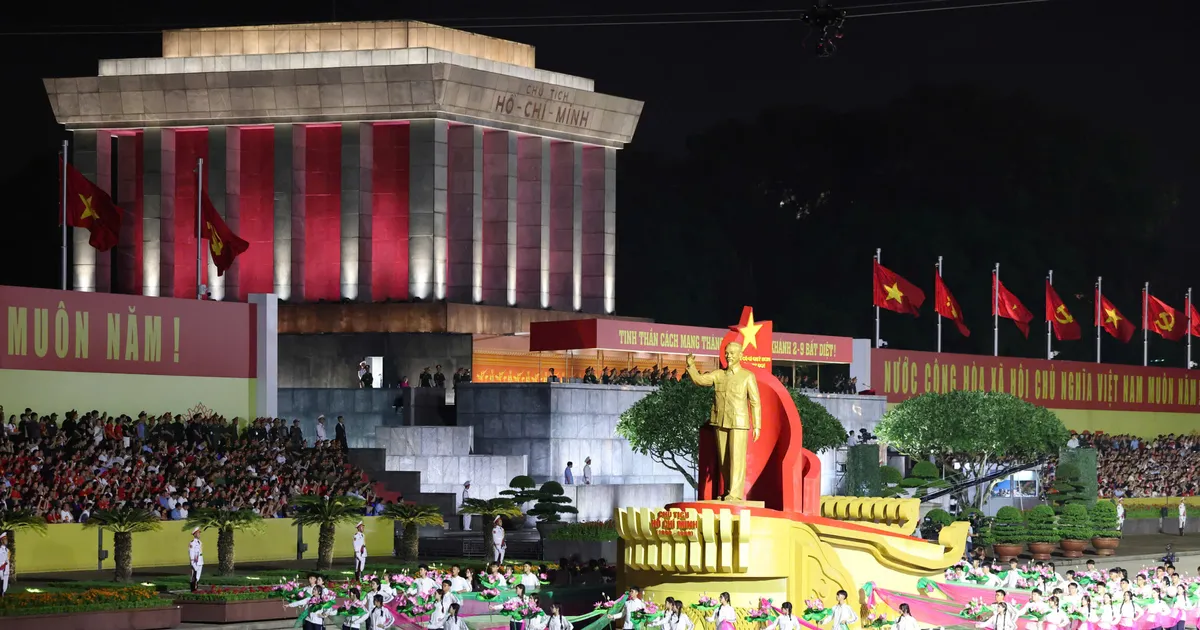

















Comment (0)